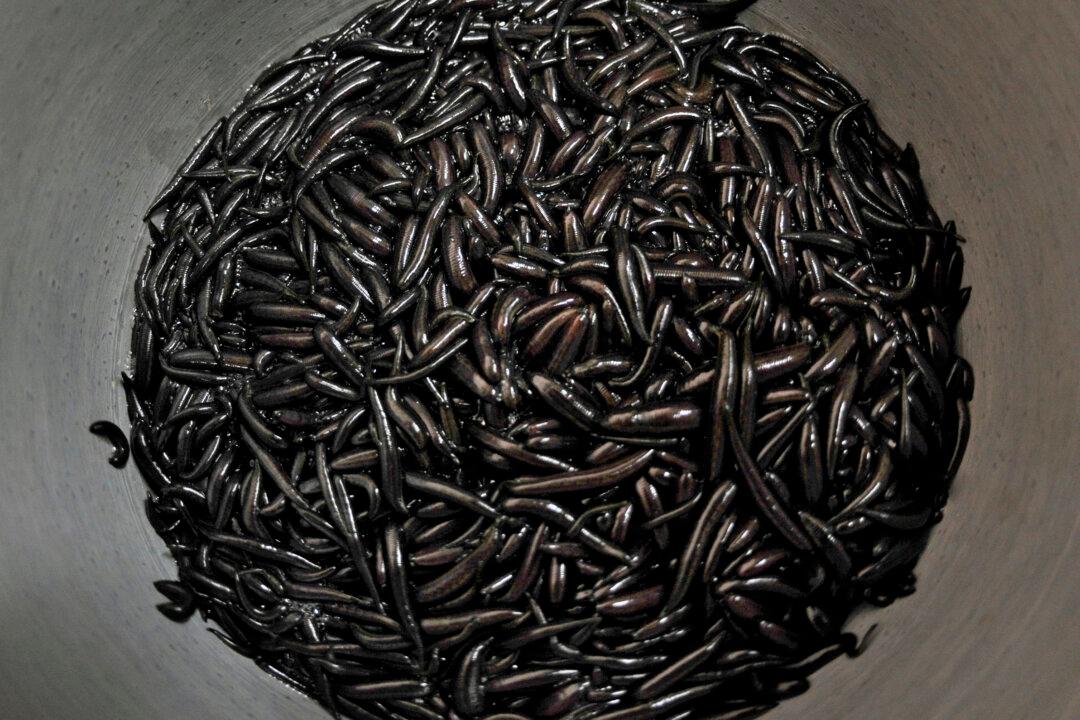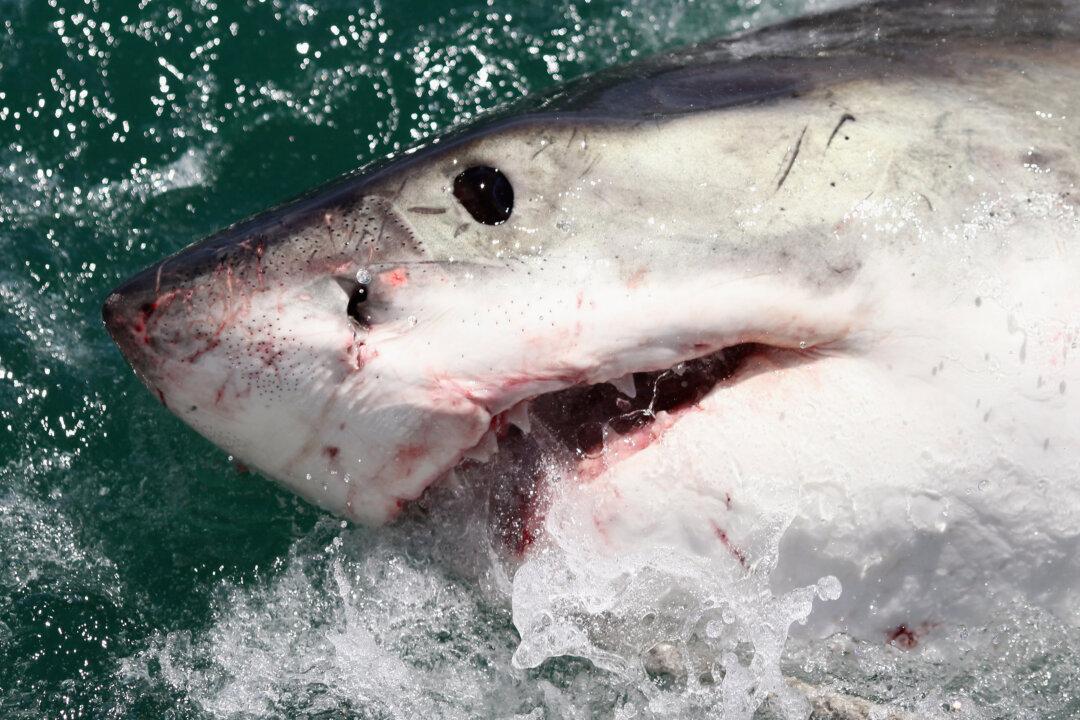A man from Niagara Falls, Canada is paying a hefty price after trying to import thousands of leeches by air in his carry-on luggage.
The Ontario Court of Justice fined Ippolit Bodounov C$15,000 (US$11,120) on May 24 after he was caught trying to wheel 5,000 live leeches from Russia into Toronto’s Pearson International Airport back in October 2018.





